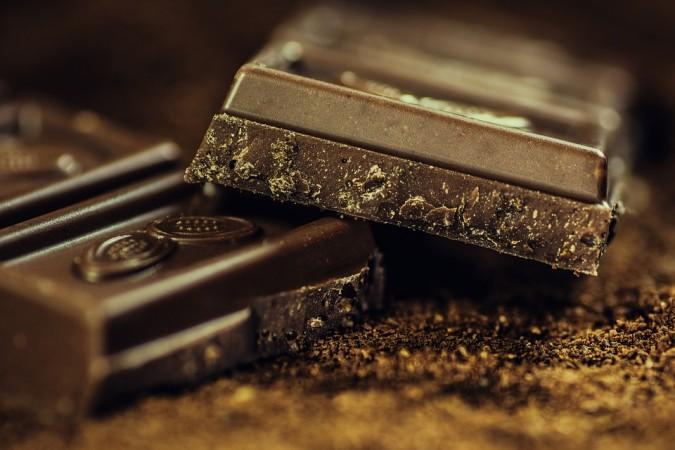
Chocolate is considered the ultimate comfort food and the best way to beat the stress, but experts have warned that it could go extinct soon. The cacao plants, which are a natural source of chocolate, could disappear by 2050 due to global warming, Business Insider reported.
The cacao plants are struggling to survive and will disappear in around 30 years because of the warmer temperatures and drier weather conditions.
The cacao plants grow in the humid rainforest like condition approximately 20 degrees north and south of the Equator. Currently, Côte d'Ivoire, Ghana, and Indonesia are the three leading places from where over half of the world's chocolates come from, but the two West African countries won't be suitable to grow cacao plants in future due to climate change.
The rising temperatures caused by global warming will push the two countries more than 1,000 feet uphill into mountainous terrain, which is preserved for wildlife, according to the National Oceanic and Atmospheric Administration.
This has led the researchers from the University of California at Berkeley to team up with Virginia-based manufacturer Mars, best known for Snickers and M&M, to save the cacao plants from vanishing.

In September, the $35 billion Corporation pledged $1 billion as part of an effort called "Sustainability in a Generation," to reduce the carbon footprint of its business by more than 60 percent by 2050.
"We're trying to go all in here," Barry Parkin, Mars' chief sustainability officer, told Business Insider. "There are obviously commitments the world is leaning into but, frankly, we don't think we're getting there fast enough collectively."
The scientists from UC Berkeley are using the new technology CRISPR, which allows for tiny, precise tweaks to DNA, according to the publication.
Jennifer Doudna, a tomato gardener and the geneticist who invented CRISPR, is supervising the collaboration with Mars.








